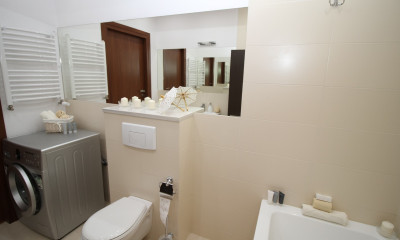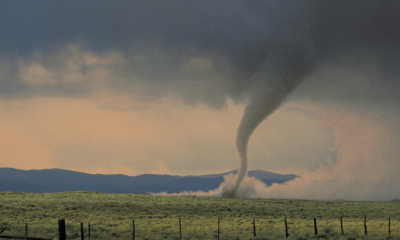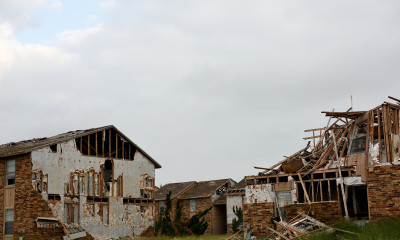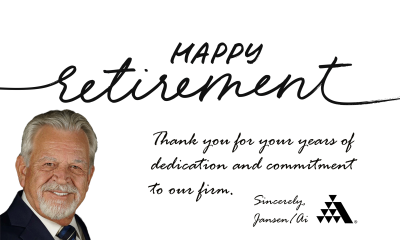Is Mold Remediation in Your Future?
Owners of commercial real estate (CRE) and multi-family properties in Texas faced many challenges in early 2021. Record-breaking storms caused billions of dollars in damages, and now we are facing the 2021 Atlantic hurricane season. In May, the National Oceanic and Atmospheric Administration (NOAA) announced that hurricane activity and ocean storms will be "above normal this year."
If your property is damaged by water and you do not take steps to mitigate the damage, you may be putting your investment at a greater risk for mold to develop, creating a hazardous environment. This may eventually lead to your need for expensive professional mold remediation services.
This blog covers what CRE investors should do about mold: how to spot it, how to prevent it when possible, and what your insurer might cover as part of a claim.
As always, if you have questions about property insurance claims beyond the scope of this article, feel free to contact us.
About Mold
The Centers for Disease Control (CDC) states there are at least 3,000 different species of mold. It often grows in moist places, such as near leaks in a roof or under carpets that have been flooded. Mold loves wet cardboard, ceiling tiles, and wood. But it can also thrive in dust, wallpaper, insulation, drywall, and upholstery.
The three most common molds that property owners may encounter following water damage are:
- Penicillium
- Cladosporium
- And Aspergillus
Mold can appear as white, black, or any color in between.
How Can You Tell if You Have a Mold Issue?
Per the CDC, major mold problems are often visible, but they also have a recognizable smell. Your tenants might complain of a musty, earthy aroma. Visibly, you might see warping woods in areas that get little sunlight. Also, mold creates a growing stain on surfaces — like on a carpet — while other stains do not grow.
How to Prevent Mold at Rental Properties
You can prevent mold at your property by inspecting it for possible water damage and visible evidence of mold, as part of your routine maintenance If you identify any conditions that can encourage mold growth (leaky roofs, plumbing) correct them quickly.
You and your tenants can help mitigate mold growth by:
- Controlling humidity levels; using air conditioning and venting bathrooms
- Cleaning and drying floors and surfaces
- Ventilating kitchens
If you have a significant mold issue you may require professional mold remediation services. Know that sampling for mold and any resulting remediation work can be very costly. Unfortunately, standards for judging, what is/is not an acceptable amount of mold, have not been set. So, the CDC says the best practice is to remove all mold and try to prevent its future growth.
What is Professional Mold Remediation?
Every mold situation is different. But professional mold remediation service providers will usually visit a complex and provide a quote to:
- Inspect the property and assess the damage caused by mold
- Contain the mold
- Filter the air in the structure
- Remove mold and mold-infested materials
- Clean the contents of the unit
- And, in some cases, restore the structure.
Does Insurance Cover Mold Removal/Mold Remediation?
Mold is rarely fully covered by a homeowner's policy, a landlord protector policy, or a commercial property policy unless special endorsements have been added to the policy.[1]
Regardless there is usually a cap on the amount of coverage for mold remediation. In all cases, the presence of mold in itself is not covered. It must be a direct result of water damage caused by a covered peril of loss, e.g., wind damage, plumbing leak, etc.
That is why property owners need to read their insurance policy closely. If you do not have mold coverage, now would be the perfect time to add a rider to your policy or change to a policy where this type of coverage is included.
In most states, property owners have the right to work with a public adjuster. Our comprehensive services are provided for a small percentage of the final claim settlement. We strive to obtain a settlement greater than the amount you would have received if you worked with your insurance company on your own. If you are having trouble getting paid for mold remediation, even if you have mold coverage on your policy, contact our team of professional adjusters at Jansen/AI. We are here to help you get the settlement you deserve.
[1] The Texas Attorney General's office says, "Not all mold damage is covered by your residential property insurance policy.”













